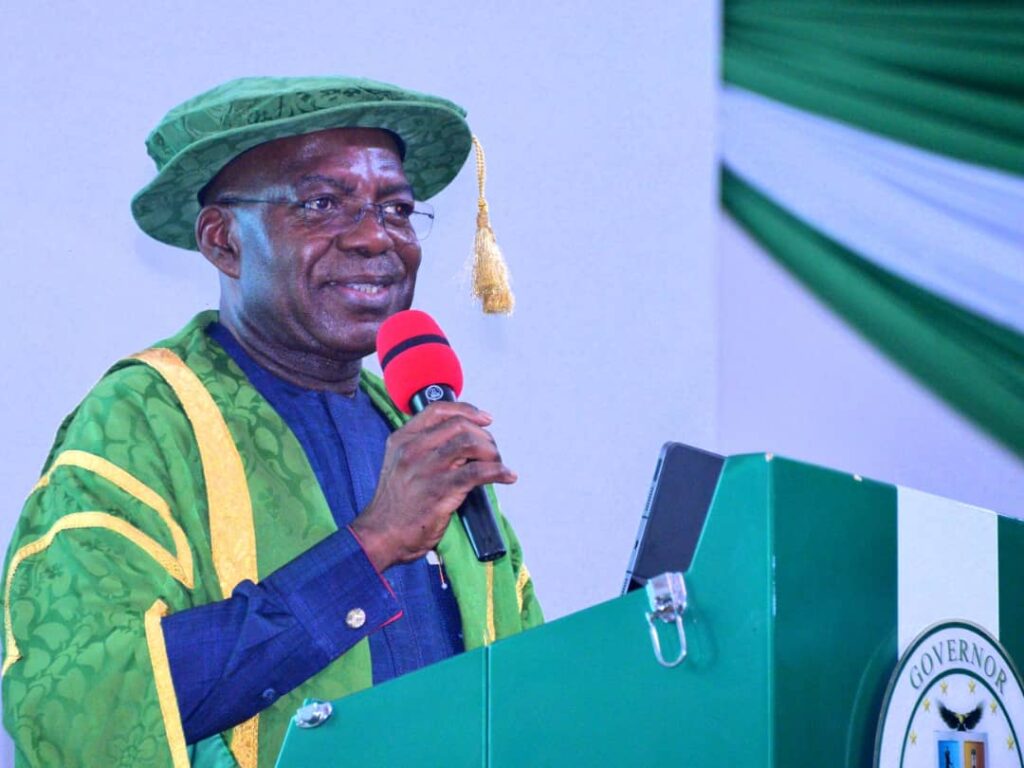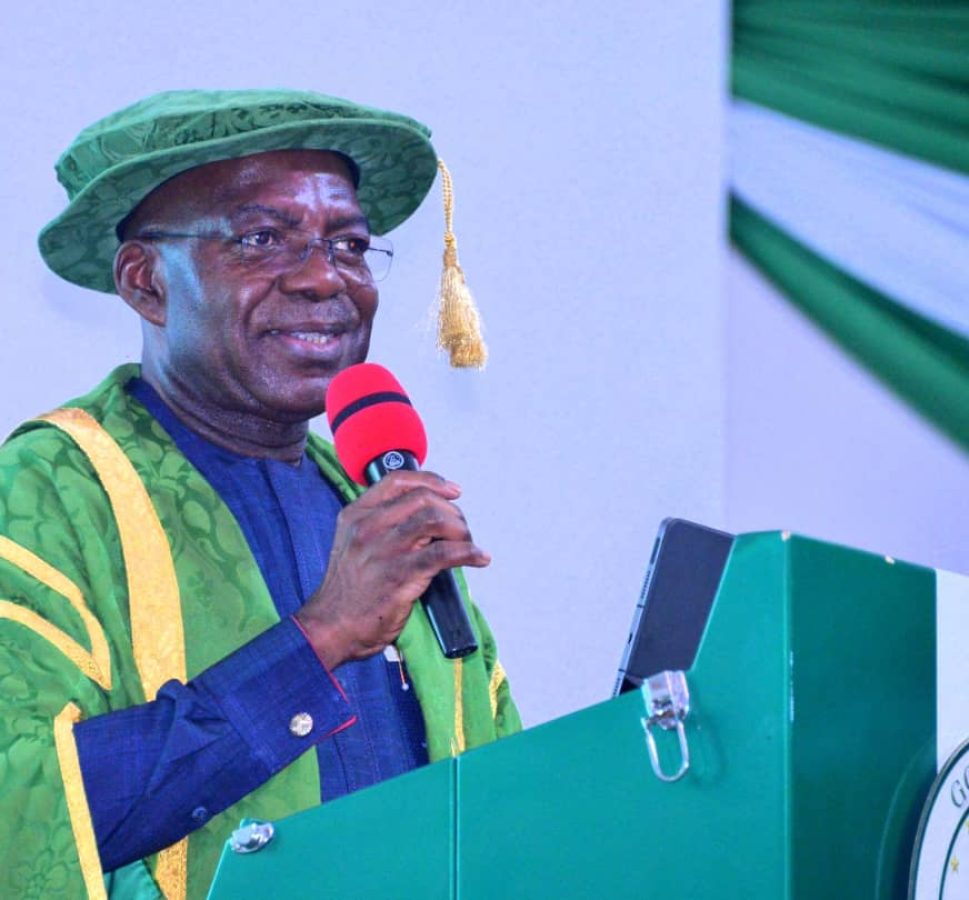
The Governor of Abia State, Alex Otti, has criticised the implementation of the much-debated fuel subsidy removal, saying the Federal Government did not adequately educate members of the public on the need and benefits of the policy.
Otti shared his position on Tuesday during the 63rd Founders Day anniversary lecture of the University of Nigeria Nsukka in Enugu State.
“Being a policy that would introduce shock into the system, I believe it should have been communicated better,” he said.
“I do not think that much was done to properly educate the public on the issues at stake and the danger continued payment of subsidy posed to the economic health of the country.”
According to the governor, ending the fuel subsidy in Nigeria was a matter of economic survival.
He stated that in its practical application, subsidy on petroleum products benefitted the rich “97 percent of the time”, whereas the poor were left with “crumbs” in the form of intermittent public transportation.
Acknowledging that the removal of petroleum subsidies was “clearly the right decision”, Otti argued the policy implementation came decades too late.
He added that more could have been done to insulate the public from the anticipated shocks.
“The impression had long been created that subsidies were the government’s handout to the poor. The evidence that the poor had really gained as much as they thought could have been put in the public domain,” the governor said.
“Importantly, deliberate considerations should have been made for the two categories of poor people in the country – the urban and the rural poor.”
Otti stated that the urban poor would have benefitted extensively from a subsidized mass transit system, while the rural poor would be more satisfied with cash transfers, food palliatives, farm inputs, and low-interest agro goods targeted specifically at smallholder farms.”






